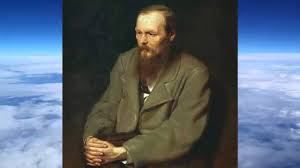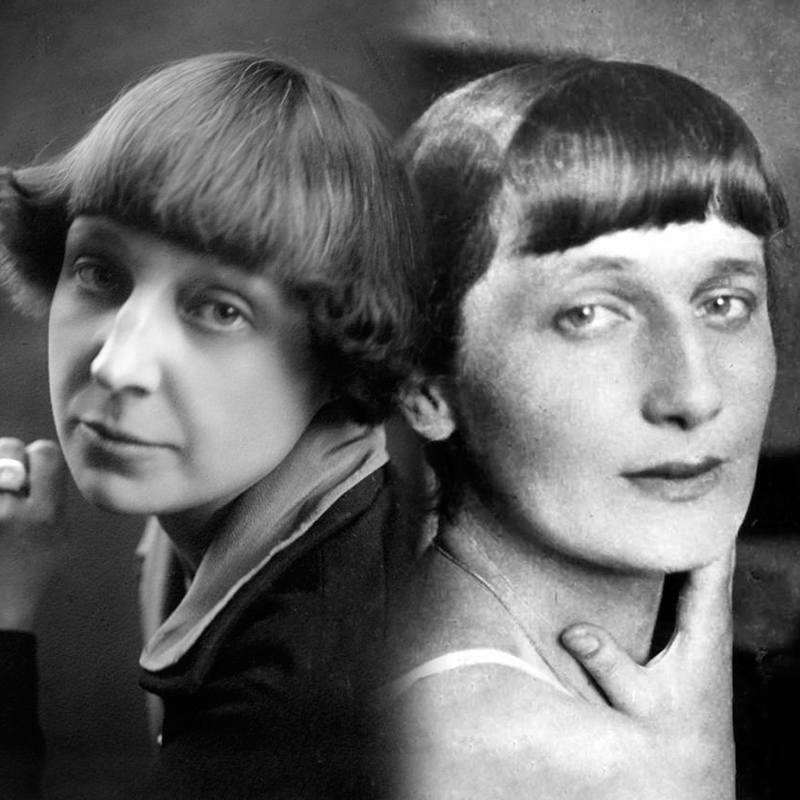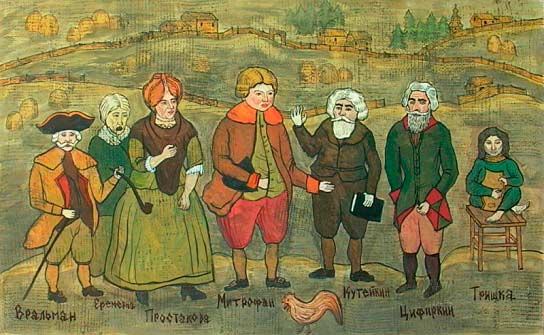Monthly Archives: July 2019
Akhmatova and Tsvetaeva – Comparison
 Probably in the distant future and for our era will find an elegant synthesis. Contradictions will become dull, contrasts will be extinguished, variegation will be reduced to unity, and a “consonant chorus” will turn out from discord. The future scientist, fascinated by harmony, will brilliantly show the “uniform style” of our time. But what a pity for our disagreement, our living diversity, even our absurdity. And no “idea” will reconcile us with the transformation into masks of those persons whom we knew and loved. Continue reading
Probably in the distant future and for our era will find an elegant synthesis. Contradictions will become dull, contrasts will be extinguished, variegation will be reduced to unity, and a “consonant chorus” will turn out from discord. The future scientist, fascinated by harmony, will brilliantly show the “uniform style” of our time. But what a pity for our disagreement, our living diversity, even our absurdity. And no “idea” will reconcile us with the transformation into masks of those persons whom we knew and loved. Continue reading
Afanasy Nikitin “Going beyond three seas”
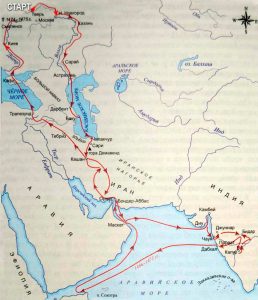 “Going beyond the three seas of Afanasy Nikitin” (see its full text) – a description by a 15th century Russian man of his journey to far India.Afanasy Nikitin was a Tver merchant. In 1466, he joined the embassy of Grand Duke Ivan III, who was traveling to Azerbaijani Shemakha. Nikitin went to Shamakhi for commercial purposes, but on the way he was robbed by the Tatars, who took everything from him, even the Bible, which, as a very religious man, he never parted. Then he decided to try his luck and continue to trade: he did not want to return home empty-handed. So he made his trip “for three seas” (the Caspian, Black and Indian), and got by dry road to India before the famous navigator Vasco da Gama. Continue reading
“Going beyond the three seas of Afanasy Nikitin” (see its full text) – a description by a 15th century Russian man of his journey to far India.Afanasy Nikitin was a Tver merchant. In 1466, he joined the embassy of Grand Duke Ivan III, who was traveling to Azerbaijani Shemakha. Nikitin went to Shamakhi for commercial purposes, but on the way he was robbed by the Tatars, who took everything from him, even the Bible, which, as a very religious man, he never parted. Then he decided to try his luck and continue to trade: he did not want to return home empty-handed. So he made his trip “for three seas” (the Caspian, Black and Indian), and got by dry road to India before the famous navigator Vasco da Gama. Continue reading
Aristophanes “Clouds”
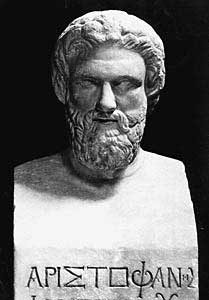 Somewhat different from the usual carnival type of Aristophanes are his comedies, which pose problems of a non-political, but cultural order. Already the first (not come down to us) comedy by Aristophanes “Feasting” (427) was devoted to the question of the old and new upbringing and portrayed the evil effects of learning in the spirit of the new sophistic fashion. To the same topic, Aristophanes returned to the comedy “Clouds” (423), making fun of sophistry. But “Clouds”, which the author considered to be the most serious of the works he wrote so far, did not succeed with the audience and won the third prize. Subsequently, Aristophanes partially reworked his play, and it came to us precisely in this second edition. Continue reading
Somewhat different from the usual carnival type of Aristophanes are his comedies, which pose problems of a non-political, but cultural order. Already the first (not come down to us) comedy by Aristophanes “Feasting” (427) was devoted to the question of the old and new upbringing and portrayed the evil effects of learning in the spirit of the new sophistic fashion. To the same topic, Aristophanes returned to the comedy “Clouds” (423), making fun of sophistry. But “Clouds”, which the author considered to be the most serious of the works he wrote so far, did not succeed with the audience and won the third prize. Subsequently, Aristophanes partially reworked his play, and it came to us precisely in this second edition. Continue reading
